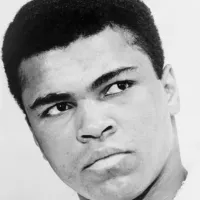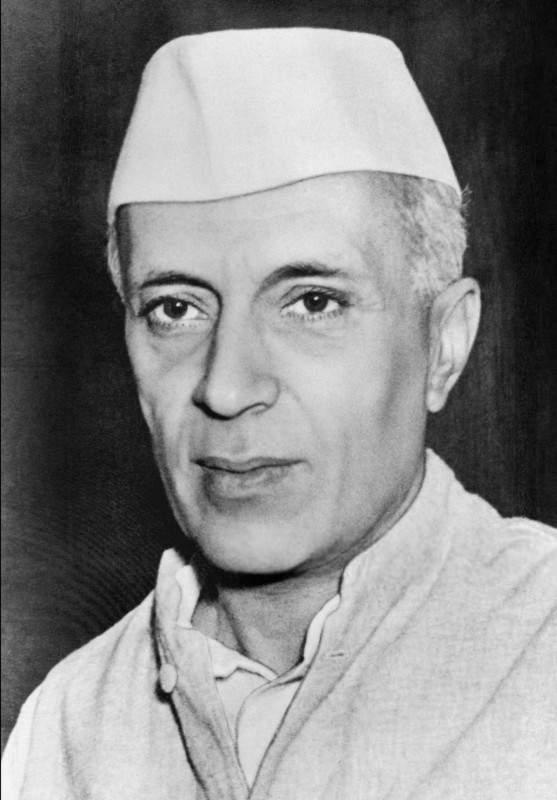A closer look at the defining struggles that shaped Jawaharlal Nehru's life and career.
Jawaharlal Nehru was the first Prime Minister of independent India and a central figure in the country's mid-20th century politics. A prominent anti-colonial nationalist, he advocated for secular humanism and social democracy. Nehru was also a writer, historian, lawyer, and statesman. His leadership shaped India's early post-independence trajectory.
April 1930: Arrest for Breach of Salt Law
In April 1930, Jawaharlal Nehru was arrested while traveling by train from Allahabad to Raipur for ceremoniously manufacturing contraband salt. Earlier he had addressed a huge meeting and led a vast procession. He was charged with breach of the salt law and sentenced to six months of imprisonment at Central Jail.
October 1930: Release and Re-arrest
On October 11, 1930, Jawaharlal Nehru's detention ended. However, he was back in jail in less than ten days for resuming the presidency of the banned Congress.
December 1931: Imprisonment for "No-Rent" Campaign
On December 26, 1931, Jawaharlal Nehru was imprisoned again after violating court orders by leading a "no-rent" campaign in Allahabad to help alleviate peasant distress.
August 1933: Release and Government's Intention to Re-detain
On August 30, 1933, Jawaharlal Nehru was released from prison, but the government soon moved to detain him again.
January 1934: Arrest in Allahabad
On January 12, 1934, Jawaharlal Nehru was arrested in Allahabad.
March 1936: Return to India as Congress President
In March 1936, Jawaharlal Nehru returned to India after being elected as Congress president for the coming year, leading the Congress response to the Government of India Act 1935, which he condemned.
October 1939: Condemnation of Viceroy's Attitude and Call for Resignations
On October 23, 1939, the Congress condemned the Viceroy's attitude and called upon the Congress ministries in the various provinces to resign in protest. Before this announcement, Nehru urged Jinnah and the Muslim League to join the protest, but Jinnah declined.
March 1940: Pakistan Resolution
In March 1940, Muhammad Ali Jinnah passed the Pakistan Resolution, declaring that Muslims are a nation and must have their own state.
October 1940: Launch of Limited Civil Disobedience Campaign
In October 1940, Gandhi and Nehru launched a limited civil disobedience campaign in which leading advocates of Indian independence were selected to participate one by one.
October 1940: Dominion Status Offer
On October 8, 1940, Linlithgow offered Dominion status for India but referred neither to a date nor a method to accomplish this. It was also communicated that the British would not transfer power to a Congress-dominated government.
August 1942: Arrest Following Quit India Resolution
Following the Quit India resolution passed by the Congress party in Bombay on August 8, 1942, the entire Congress working committee, including Gandhi and Nehru, was arrested and imprisoned.
1942: Cripps Mission and Failed Compromise
In 1942, with the Japanese threat growing, the British government sent Sir Stafford Cripps to India with settlement proposals. Nehru was hopeful for a compromise, but Gandhi opposed the proposals. Cripps' mission ultimately failed.
April 1943: Muslim League Captures Governments
In April 1943, while Congress leaders were imprisoned, the Muslim League captured the governments of Bengal and the North-West Frontier Province.
1943: Bengal famine
Much of the blame for the disastrous Bengal famine of 1943–44 during which two million died had been laid on the shoulders of the province's Muslim League government.
1944: Waning Power of Jinnah
By 1944, Jinnah's power and prestige were waning.
Mentioned in this timeline

Muhammad Ali nicknamed The Greatest was an iconic American professional...
India officially the Republic of India is a South Asian...
Germany officially the Federal Republic of Germany is a nation...

New Year's Eve observed on December st marks the final...
Pakistan officially the Islamic Republic of Pakistan is a South...

Trains are a connected series of vehicles traveling on railway...
Trending

28 minutes ago Priyanka Chopra at Paris Fashion Week, shares makeup-free radiant skin hack.
29 minutes ago OpenAI's GPT-5: New ChatGPT Model, Financial Tools, and Extreme Reasoning Capabilities
29 minutes ago Judge allows Gabehart to work at Spire but limits JGR duties amidst lawsuit.

29 minutes ago Massive Five-Alarm Fire Erupts at Miami-Dade Warehouse, Causing Alarm Among Residents.

29 minutes ago Trump Considers Replacing Kristi Noem Amid Frustration; DHS Secretary Position at Stake.

30 minutes ago Jayson Tatum's Expected Return to Celtics Against Mavericks After Achilles Injury
Popular

Ken Paxton is an American politician and lawyer serving as...

Hillary Diane Rodham Clinton is a prominent American politician lawyer...

Jesse Jackson is an American civil rights activist politician and...

Jim Carrey is a Canadian-American actor and comedian celebrated for...

Bill Clinton served as the nd U S President from...

XXXTentacion born Jahseh Dwayne Ricardo Onfroy was a controversial yet...
